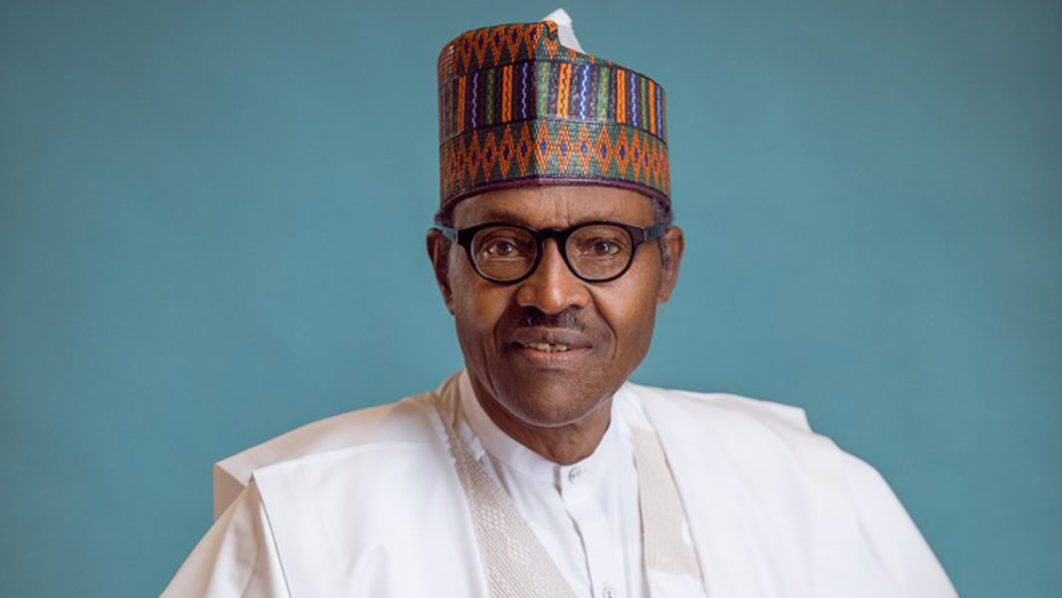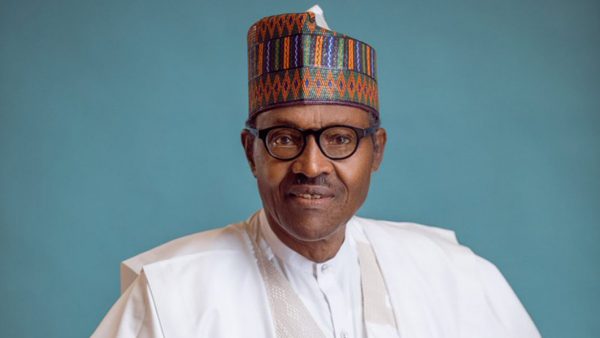Just last week, the Coalition of United Political Parties (CUPP), said it has sued the Buhari-led government to a Federal High Court for keeping some of the aides who served in his first term without appointing them. In a dramatic response, less than 24 hours later, a statement from the presidency read that those same aides – the likes of Abba Kyari, Boss Mustapha, Garba Shehu, and Femi Adesina, have been reappointed with immediate effect.
Not only were these aides and officials rushed to reappointment, the President also had backdated their appointment date to May 29th 2019, so as to avoid culpability of any lawsuit. Particularly, CUPP cited the President’s initial action of deploying aides without their (re)appointment, as contrary to Sections 151(3), 152 and 171(1)(2)(a and e) and (6) of the Nigerian Constitution.
In a similar vein, a group of capital market operators have since gone public to demand that the President appoint his cabinet soon enough so that the country can have a policy direction which attracts investors and improves stock market performance. Of course, this lackadaisical attitude to national matters of urgency must have tired the investors so much that they had to raise an alarm.
For reference and comparative purposes, the South African President, Cyril Ramaphosa, appointed his cabinet less than a week after his inauguration. If nothing else, this shows a great sense of purpose by the president and a good knowledge of what he is ready to achieve in his administration.
Also on Sunday, 7th July, the President finally appended his signature to the much touted African Continental Free Trade Area (AfCFTA) deal. This was also long overdue – so much that if he had not signed it at the ongoing 12th Extra-Ordinary Summit of the African Union in Niammey, Niger Republic, Nigeria would have missed out on other benefits of the deal which would have taken the country long to catch up with.
We can vividly recall that in 2015, when the President took charge of the country from the administration of Goodluck Jonathan, he took almost 8 months before he appointed his cabinet ministers. That simple delay caused the economy to go into a harsh spiral of economic recession which many Nigerians suffered from. After that episode in 2015, he got a nickname Baba Go Slow which many Nigerians hope would not stick; but alas, it stuck. Even President Buhari realizes it and admitted much of this, in a media chat. The nickname stuck like a bad sore but the President still gave flimsy excuses in approval of the indecisions and unnecessary delays in making the vital appointments.
Now it seemed that we are set for a repeat of the Go-Slow phenomenon with no sign of the President’s cabinet being constituted soon. For three and half years of his first term, no matter how woefully a minister performed, President Buhari never reshuffled his cabinet.
A great government harnesses timeliness in making the necessary decisions worthy of a performing administration. If, after all the delays, he still proceeds to appoint the same set of non-performing ministers as he had in his last administration, we might as well not expect anything groundbreaking to come from his second term.
References
Punchng.com
Saharareporters.com
Featured Image Source: guardian.ng


